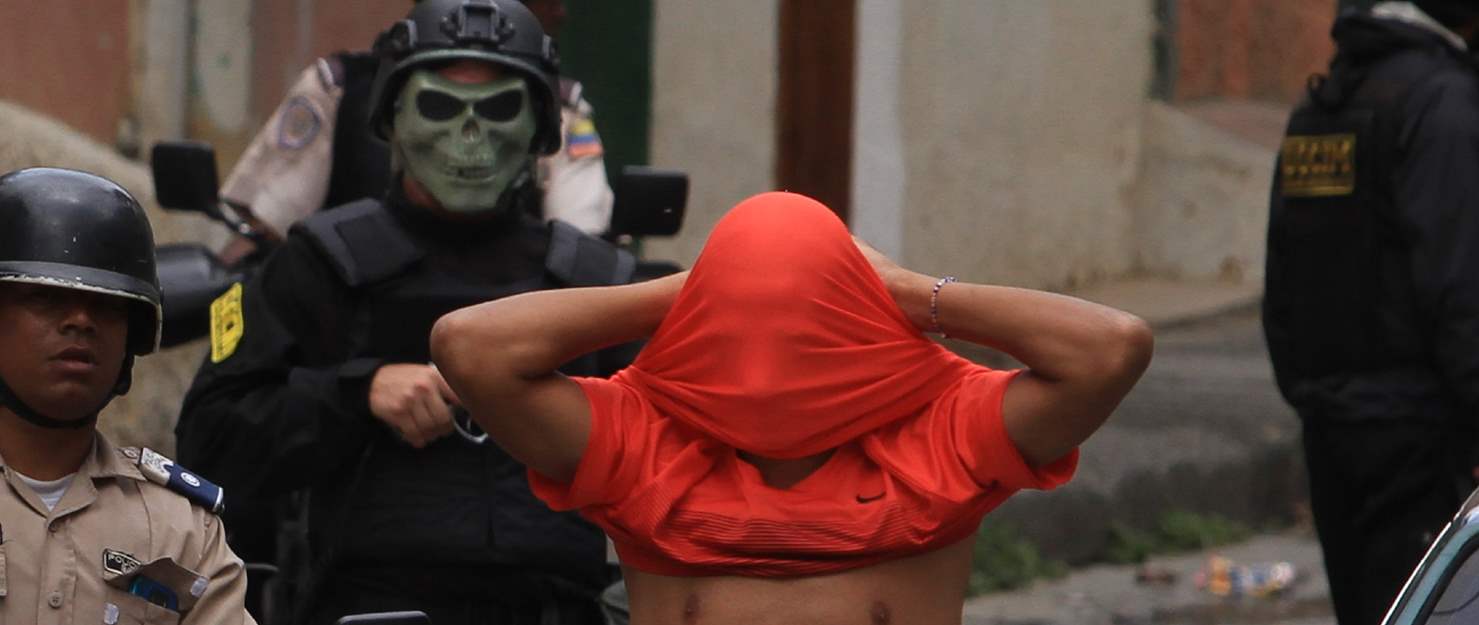Although the government seems not to care about a decision by the ICC, we know it does
In the last two weeks, several people have asked me if the rounds of dialogue and negotiation in Mexico can change the course of the Preliminary Examination conducted by the International Criminal Court or if they could stop a possible move into an investigation phase against the individuals allegedly responsible for the commission of crimes against humanity in Venezuela.
The answer to this question is no. The International Criminal Court is an independent tribunal that guides its actions by the will of the States to investigate and punish the crimes for which the Court has jurisdiction. Thus, the interest of the Court is Justice, and it encourages the States to have the disposition and capacity to investigate and punish the crimes by themselves.
The Court acts under the principle of complementarity and does not seek to replace the national justice system; on the contrary, it is committed to ensuring that domestic systems are sufficiently independent and solid to guarantee there is no impunity and that national prosecutors and judges demonstrate their will to judge those responsible for planning, ordering and commanding the actions that culminate in crimes against humanity.
One of the points that must be discussed in the Mexico negotiations, where we are hopeful of serious agreements, is the reform of the justice system: the election of magistrates of the Supreme Court of Justice and the appointment of a new Attorney General and Ombudsman under strict compliance with the procedures established in the Constitution.
If that point manages to reach the negotiation agenda, it will undoubtedly be one of the most difficult. A government that has used the justice system for political persecution and to support all its arbitrariness and corruption, will not get rid of that instrument with ease.
If the Venezuelan justice system were to be reformed, it would be a great advance. The question remains, then, if a new prosecutor, ombudsman, and judges will have the will to initiate investigations against ministers, senior police officers, prosecutors, and judges allegedly responsible for the commission of serious human rights violations and crimes against humanity.
The only way to avoid an advance at the International Criminal Court is to launch domestic investigations against the chains of command and high-ranking government officials that show, through concrete actions rather than words and promises, that serious work is being done to guarantee the sanctioning of those responsible. Otherwise, there is no reason why the Office of the Prosecutor of the International Criminal Court should not continue its work on the situation in the country.
The possibility of an investigation and sanction by Venezuelan justice seems nowhere near.
The process of dialogue and negotiation in Mexico could take some time. Meanwhile, victims and human rights organizations continue to provide information to the ICC Prosecutor’s Office and the announcement of the determination of the new prosecutor to proceed to the investigation phase during the negotiation process would not come as a surprise.
Although the government seems not to care about such a decision, we know it does. They are aware that the crimes where they could be involved do not have a statute of limitations. And this implies that, as the years go by, the obligation to sanction remains.
Therefore, if the negotiations in Mexico bear very good fruit, and we aspire them to do so, this will not stop the work of the International Criminal Court. We would have two results to celebrate.
Translated by José Rafael Medina




